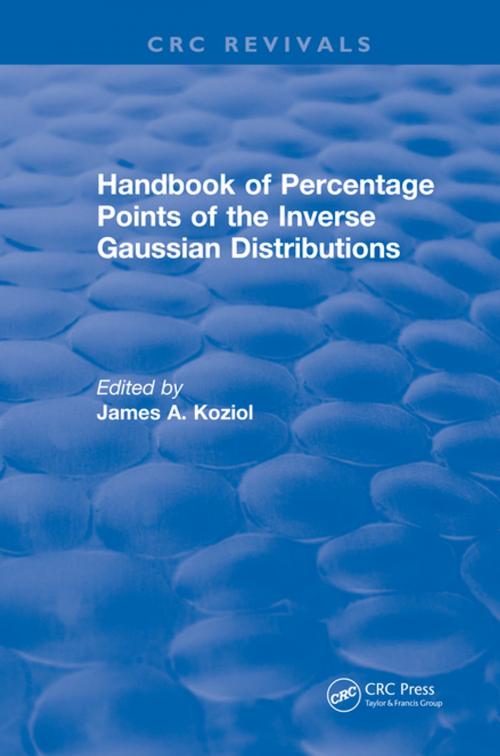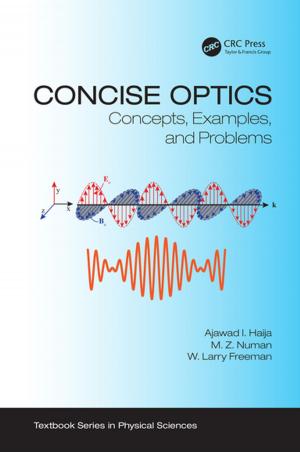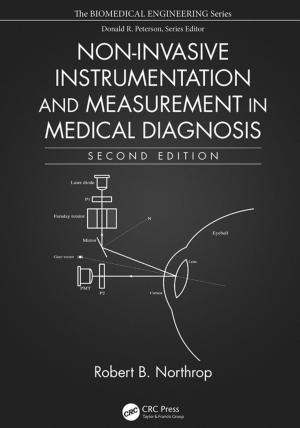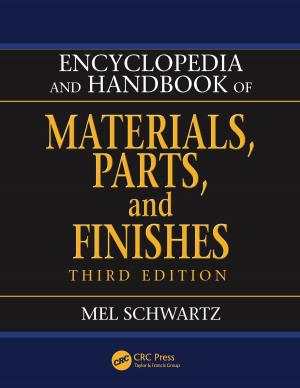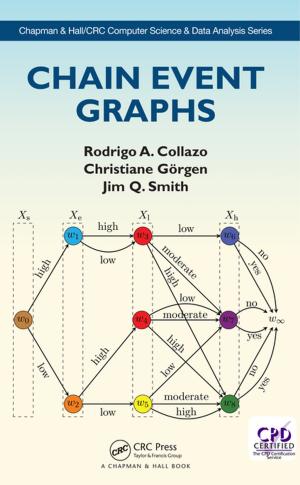Handbook of Percentage Points of the Inverse Gaussian Distributions
Nonfiction, Health & Well Being, Medical, Alternative & Holistic Medicine, Chiropractic| Author: | James A. Koziol | ISBN: | 9781351088060 |
| Publisher: | CRC Press | Publication: | January 18, 2018 |
| Imprint: | CRC Press | Language: | English |
| Author: | James A. Koziol |
| ISBN: | 9781351088060 |
| Publisher: | CRC Press |
| Publication: | January 18, 2018 |
| Imprint: | CRC Press |
| Language: | English |
The purpose of this handbook is to provide comprehensive tables of percentage points of the inverse Gaussian distribution. There is no other publication available today which condenses these tables - to such extent-in a concise, straightforward manner. The inverse Gaussian distribution is not only important for determining boundary crossing probabilities of Brownian Motion, which probabilities determine the operating characteristics of many sequential sampling procedures in statistics. It is also used in quality control procedures.
This one-of-a-kind work includes a brief introductory section which outlines the inverse Gaussian distribution and explains the tables. The tables are produced in a fine grid of cumulative probabilities, and uses the closed form expression for the cumulative distribution function. This easy-to-use table reference also includes an excellent discussion of searching ordered tables. This handbook is a helpful, indispensable guide for all who are involved with statistics, mathematics, and computers. Mechanical engineers and physicists will find it useful also.
The purpose of this handbook is to provide comprehensive tables of percentage points of the inverse Gaussian distribution. There is no other publication available today which condenses these tables - to such extent-in a concise, straightforward manner. The inverse Gaussian distribution is not only important for determining boundary crossing probabilities of Brownian Motion, which probabilities determine the operating characteristics of many sequential sampling procedures in statistics. It is also used in quality control procedures.
This one-of-a-kind work includes a brief introductory section which outlines the inverse Gaussian distribution and explains the tables. The tables are produced in a fine grid of cumulative probabilities, and uses the closed form expression for the cumulative distribution function. This easy-to-use table reference also includes an excellent discussion of searching ordered tables. This handbook is a helpful, indispensable guide for all who are involved with statistics, mathematics, and computers. Mechanical engineers and physicists will find it useful also.
